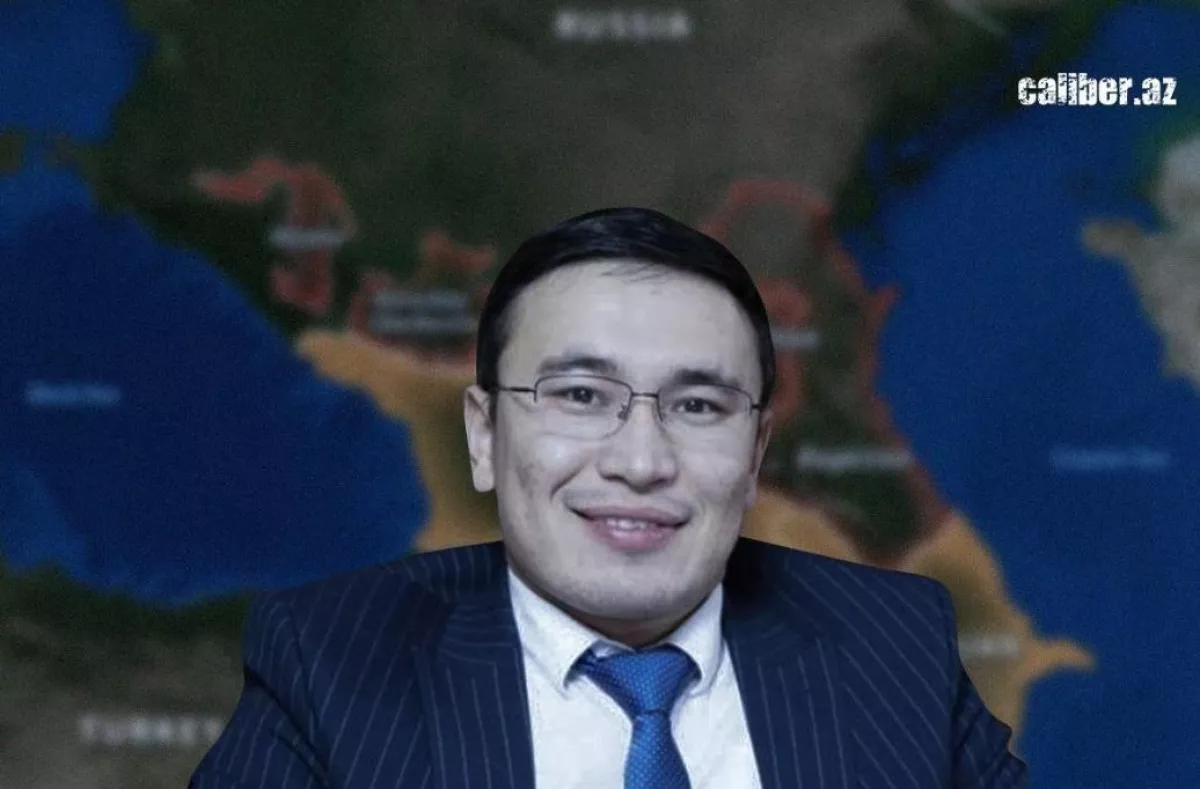Religious leaders or war advocates? Armenian church's controversial position Catholicos Karekin II stirs controversy with territorial claims
On the occasion of Armenia's Independence Day, Catholicos of All Armenians Karekin II reiterated territorial claims against Azerbaijan, stating, “Artsakh is occupied, the children of Artsakh are forcibly displaced, and the peace on Armenia's borders is unstable. We are again facing security problems and new threats. To strengthen our state and confront external and internal challenges, it is crucial to unite and rediscover the path to glorious victories and successes.”
This statement suggests that Echmiadzin still views parts of Azerbaijan as belonging to the Armenian state. What do foreign political analysts think about this perspective? How do they interpret the Armenian clergy's calls for "new victories"?

Belarus political scientist, a candidate of political sciences, Svetlana Korniechenko, notes that the Catholicos's appeal reflects a detachment from reality, rooted in a past that is at least several years removed from the current situation. In an interview with Caliber.Az, she emphasized that such rhetoric could heighten political and social tensions within Armenia.
The message by Garegin II indicates a significant disconnect from the political realities of Armenia, particularly in light of Prime Minister Pashinyan's recognition of the Karabakh region as part of Azerbaijan, along with his calls to move past this topic. This suggests that within the mindset of the Armenian clergy, Karabakh remains considered Armenian territory. Furthermore, the Catholicos' use of the term "occupation" is particularly perplexing, as it overlooks the fact that Armenia occupied this Azerbaijani territory nearly thirty years ago and maintained control over it.
The remainder of the statement reflects a profound disunity between the official government, public sentiment, and religious institutions in Armenia. Individuals seem free to express whatever views they wish. A closer examination of the text reveals implications that the Catholicos is effectively threatening Azerbaijan with potential conflict, given the numerous calls for "victory" and the return of the so-called "children of Artsakh."
Korniechenko points out that while there are known issues in the dialogue between the Armenian government and the Church, it is imperative for the government to align its stance with that of the clergy. Such dissonance could lead to civil divisions within Armenian society, potentially resulting in acute clashes among differing viewpoints and factions. Additionally, this discord could complicate political relations with Azerbaijan.

Kazakh political scientist Azat Akhmetov observes that the position of the Armenian Catholicos is strikingly intransigent and even aggressive.
“What concerns me is that the spiritual leader of the nation fails to advocate for peace, which is a fundamental role of any Christian leader; instead, he appears to call for war. Such statements can be interpreted as toxic messages directed both at external audiences and internal critics, particularly aimed at Armenian Prime Minister Pashinyan. This rhetoric contradicts many of Pashinyan's assertions, which may force the Armenian leadership to clarify its stance in response to comments by Garegin II.
At first glance, it might seem that the spiritual leader is not directly accountable for his statements, as he is not an official political figure. However, this perception is misleading. The image of an Armenian priest wielding a weapon has repeatedly shocked observers and elicited mixed reactions, particularly from those familiar with the complexities of the Karabakh issue.”
At this point, it seems that the Armenian Church's views remain static; rather than promoting genuine Christian values, it appears to advocate for the interests of the "war party." This aligns with the goals of a segment of Armenian society, including certain political parties and even elements of the Armenian leadership. As Azat Akhmetov notes, this disconnect raises concerns about the Church's role in perpetuating conflict rather than fostering peace.








